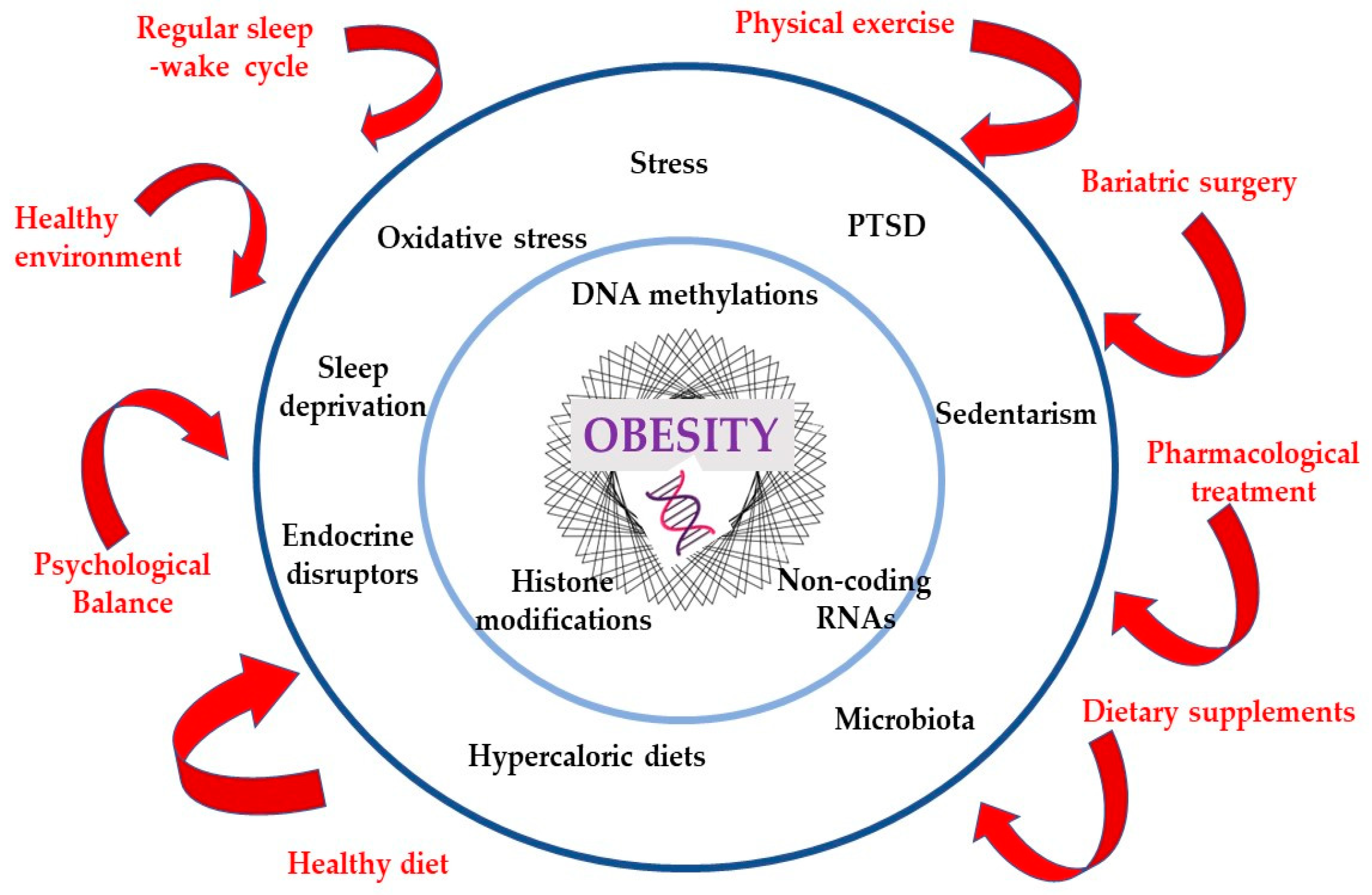The prevalence of obesity has risen dramatically in recent decades, becoming a leading health concern in many countries around the world. Not only does obesity contribute to various systemic health issues, but it also has potential repercussions for the urological system.
The association between obesity and urological disorders is an area of increasing interest among healthcare professionals. Understanding the connection can pave the way for effective prevention and management strategies.

Obesity is defined as having a body mass index (BMI) of 30 or above. This excessive body weight can lead to increased intra-abdominal and pelvic fat, which can subsequently exert undue pressure on the pelvic organs. Consequently, this can result in a myriad of urological issues.
A study conducted by the Urocare clinic highlighted the relationship between elevated BMI and an increased risk of urological complications. These complications range from benign prostatic hyperplasia (BPH), urinary incontinence, and kidney stones to more severe conditions such as kidney and bladder cancers.
BPH, or the enlargement of the prostate gland, is common among older men. Obesity increases the risk as excessive fatty tissues stimulate the production of hormones, which can lead to prostate growth. Symptoms of BPH include frequent urination, difficulty in starting or stopping the urine flow, and urinary tract infections.
Obesity, especially central obesity, amplifies the risk of urinary incontinence in both men and women. The added weight from fat deposits exerts additional pressure on the bladder and surrounding muscles, weakening them over time. This can lead to episodes of involuntary urine leakage, particularly when sneezing, coughing or engaging in physical activity.
The metabolic changes that accompany obesity can result in an altered urine composition, leading to a higher propensity for stone formation. High body weight has been linked to increased urinary calcium, uric acid, and oxalate, all of which are precursors for kidney stones.
Obesity is a well-established risk factor for several cancers, including kidney and bladder cancers. Excessive fat can cause hormonal imbalances and chronic inflammation, fostering an environment conducive to cancerous growth.
The correlation between obesity and urological disorders emphasizes the importance of addressing weight-related issues both as a preventive and therapeutic measure. Here are some strategies to consider:
The most effective way to combat obesity-related urological disorders is by maintaining a healthy weight. A balanced diet coupled with regular physical activity can significantly reduce the risks.
Routine urological screenings can detect potential problems early on, allowing for prompt intervention. Men over the age of 50 or those with a family history of prostate issues should consider regular prostate checks.
To prevent kidney stones, limit the intake of stone-forming foods like spinach, beets, and nuts. Ensure a higher intake of fluids, preferably water, to dilute the concentration of stone-forming substances in urine.
For those experiencing urinary incontinence, strengthening the pelvic floor muscles can be beneficial. Pelvic exercises, commonly known as Kegels, can be done discreetly and have been shown to improve urinary control.
In cases where lifestyle modifications are insufficient, medications or surgical interventions might be necessary. Always consult a healthcare professional for tailored advice.
The relationship between obesity and urological disorders underlines the systemic nature of obesity's health implications. It's not merely a weight issue; it's a complex health challenge with potential complications that can affect one's quality of life.
Prioritizing preventive measures, understanding the risks, and seeking timely medical intervention can go a long way in ensuring optimal urological health.
Be the first to post comment!